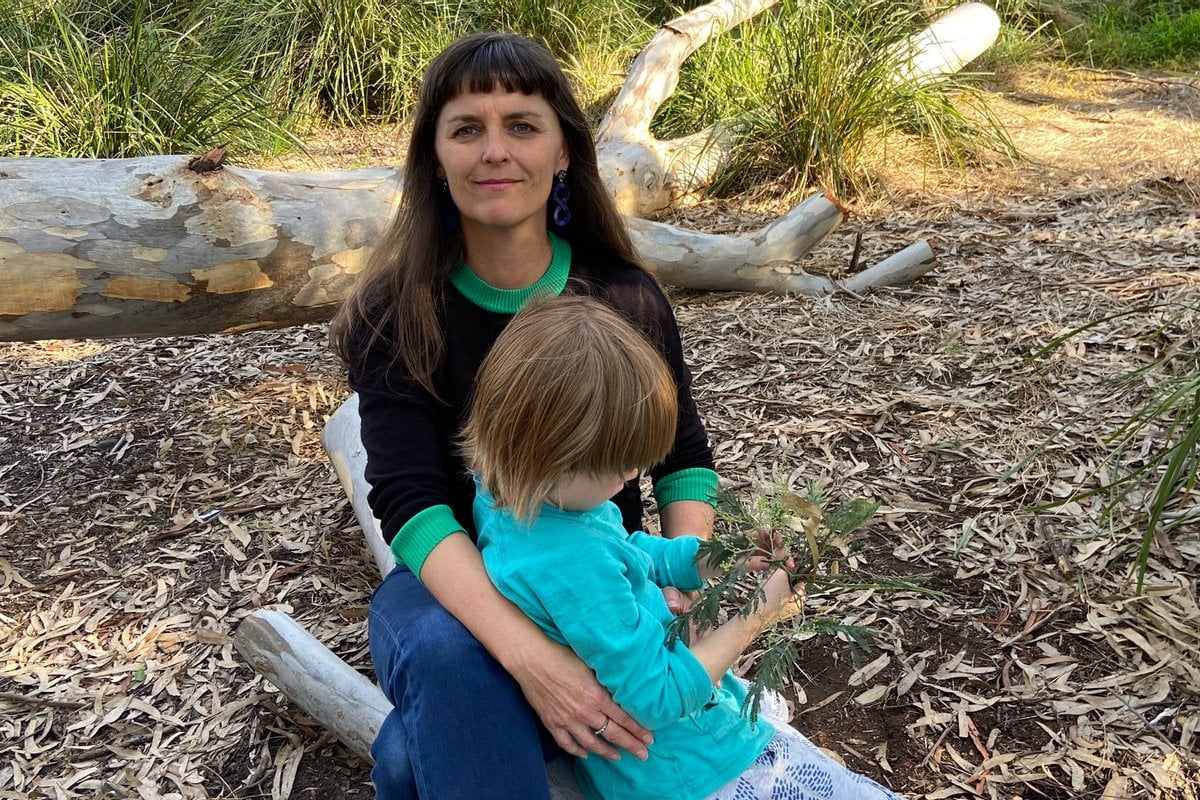
It’s well documented that the mental load of motherhood is overwhelming, especially when you're a sole parent.
If you add ADHD it becomes so much harder to stay on top of everything.
The daily challenges are unimaginable for those who don’t have ADHD.
Introducing MPlus. Extra, closer. Post continues below.
How it affects people varies enormously. What can make it hard to understand is that the symptoms of ADHD are problems that everyone has. The difference for someone with ADHD is how often these things impact them.
In other words, how often we deal with intense emotions, have difficulty with organisational skills, control our impulses and how well we are able to ‘regulate’ our attention.
People with ADHD experience these challenges all day every day.
What we really need is for others to understand just how hard it can be for us to manage and for them to have zero judgement. If we’re taking medication, it’s because it’s necessary in order for us to function.
It can be confusing to others because at times we’re able to focus on certain things really well, while for some tasks it can be like 'nailing jelly to a wall' (I love this quote so much as it is SO TRUE! Check out the awesome TED Talk about living with ADHD by Jessica McCabe to understand even better.)



Top Comments